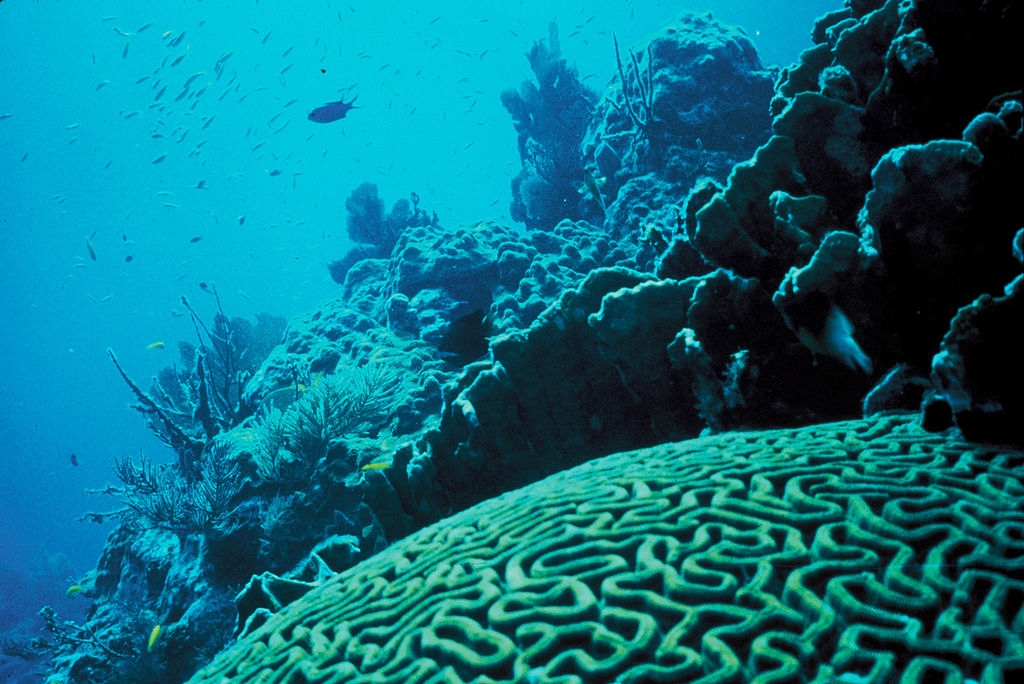Future Research Leaders Programme Session 3

Analysing Successful REF Performances: UoAs and Individuals
This third session has taken place on January 19, 2022. The main topic of discussion has been the research environment looking at how the Research Excellence Framework (REF) measures a good research environment both in terms of quantitative and qualitative measures, to then reflect on our research environment and how can we feasibly improve it.
The session has been divided into blocks with small-group discussions that have been then reported back to the main group. Next, I will summarise the main points discussed in each of the two blocks.
The first discussion block has been about what makes a good research environment in your unit of assessment (UoA). From REF 2014, we were tasked to analyse a successful environment statement from a relevant group of our field and UoA. We discussed the quantitative and qualitative metrics. We agreed that the type of quantitative measures include a number of research doctoral degrees awarded by academic year, research income and possibly the total number of full-time employers. For the qualitative measures, we discussed the criteria included in the institutional-level environment statement and more particularly in the unit-level environment template where context, strategy, people, infrastructure, facilities and collaboration at different levels seem to matter. The general group discussion concluded with special attention to how to bring in more diversity and inclusion in REF.
The second discussion block has been about what can we do to improve our research environment. This has meant to imagine how we envision the kind of research group that we would like, bring ideas to contribute to developing it, and acknowledge the barriers to developing an “ideal” research environment. Each of us has different situations, ranging from being part of an established research group; to be in such a big research group to not finding your voice; to creating a new research group/cluster/network; to the need to be proactive to activate a research group that it is not that active. We have praised the existence of research mentors in the institution. However, most of the discussion has centred on the barriers in our institution including the little internal funding available, the slow administrative processes that prevent us from making things happen, and the lack of time for thinking blue-sky. We think that part of our role is to promote and attend regular research group meetings related to our research area, write successful grants to bring talented people into the institution, and seek interdisciplinary collaborations across campus and beyond as potential avenues to improve our research group in our institution.
I never thought that the research environment was so important. This session has been helpful to see what makes a good research environment and be proactive towards improving it. The next session is scheduled for February, where we will be talking about impact.